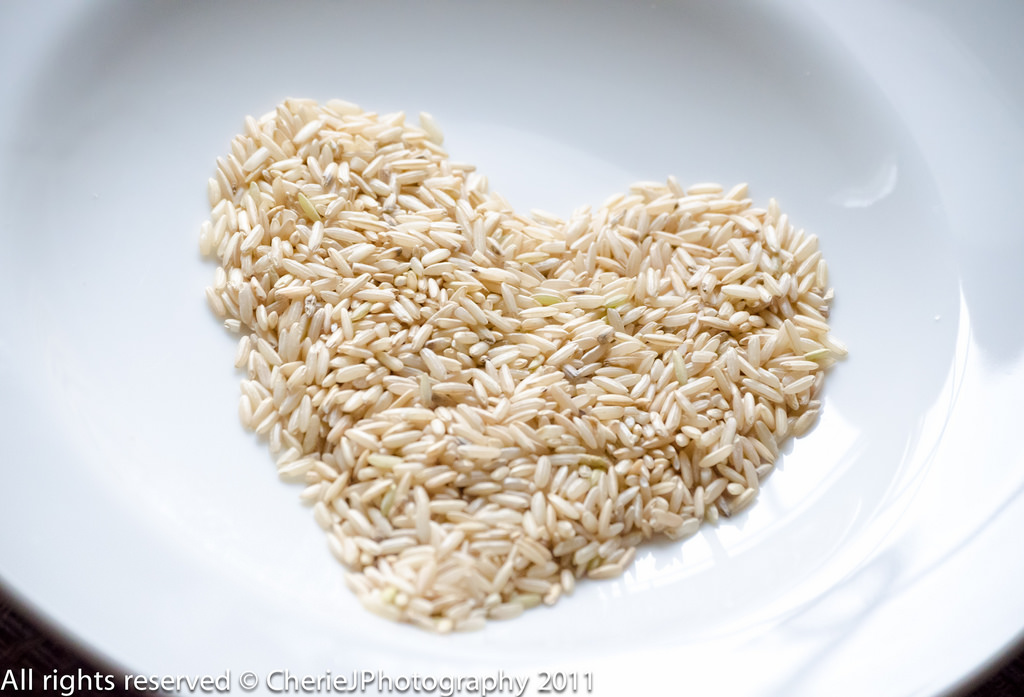My family raised me to believe that brown rice was healthier to eat than white rice. A few years back, we even made the switch from white to brown rice in an effort to eat more healthily. After doing some research, I now question whether brown rice is actually better for me than white rice.
A common belief is that brown rice helps prevent type 2 diabetes, heart disease, and weight gain. The reason for this belief is that, compared to white rice, brown rice has a lower glycemic index. A glycemic index is a measure of how quickly a particular food raises your blood sugar levels. A high glycemic index means that you will digest the food fast, which will raise your blood glucose levels. Even though white rice has a higher glycemic index, it may not necessarily be more unhealthy because a food’s glycemic index is measured based on the assumption that the food is the first and only thing you’ve eaten after a period of fasting, such as breakfast. After your first meal of the day, this assumption no longer applies, and a food’s glycemic index becomes irrelevant. Thus, the healthiness of your diet is less dependent on the type of rice you eat, but more dependent on your overall meals. However, that doesn’t mean you should eat a lot of white rice and other high glycemic foods for breakfast, either.
Image Source: ZenShui/Laurence Mouton
In addition, after comparing the two rice brands, Carolina and Lundberg, their white and brown rice have almost identical amounts of protein and fiber. However, even though brown rice does contain more micronutrients, such as vitamins and minerals, most white rice is “enriched” and contains some micronutrients found in brown rice.
Furthermore, all rice, including organic and non-organic, has some amount of arsenic. According to Consumer Reports and the FDA, brown rice contains more arsenic than white rice. Long-term exposure to arsenic can disrupt cell communication and function, and thus, cause diabetes and cancer. Although brown rice seems to be less healthy than white rice because of its higher arsenic levels, the FDA reports that the amount of arsenic found in rice is too low to cause any short-term health effects.
So, the final question remains: should I eat white rice or brown rice? Even though there are differences between the two, such as in the glycemic index, micronutrients, and arsenic levels, neither rice is healthier than the other. Ultimately, it comes down to taste, and for me, white rice wins every time.
Featured Image Source: Brown Rice: Great for the Heart by cheriejoyful










